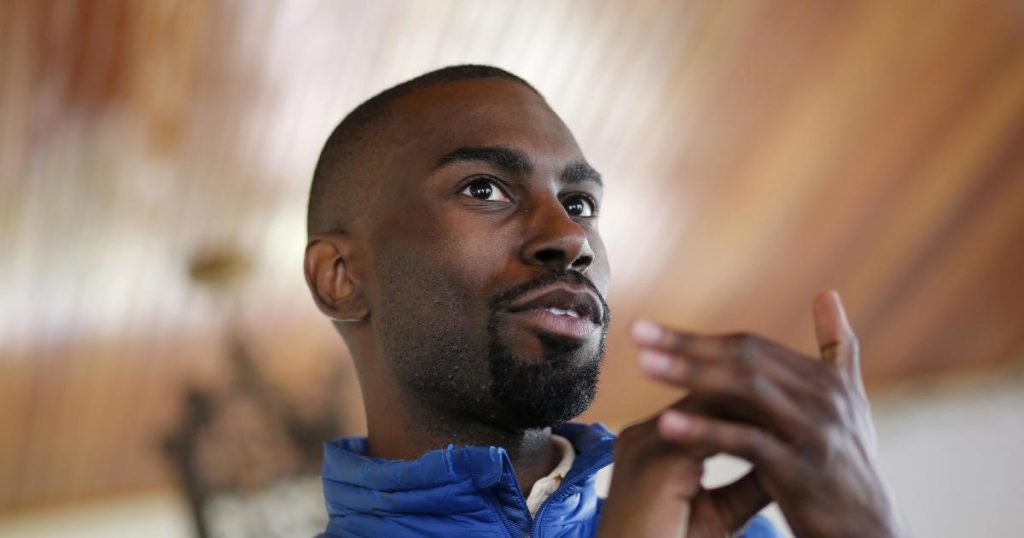The Supreme Court declined to take up an appeal from Black Lives Matter activist DeRay Mckesson, who is facing a lawsuit from a Baton Rouge police officer injured during a protest in July 2016. The issue in this case was whether a protest leader, such as Mckesson, could be held liable for injuries caused by an unidentified person during a protest if the leader did not authorize or direct the violent act. The incident occurred during a protest against police brutality in response to the shooting of Alton Sterling, a Black man, by a White police officer in Baton Rouge, Louisiana.
During the protest, a police officer was struck in the face by a rock or piece of concrete thrown by an unidentified protester, causing injuries such as the loss of teeth and a brain injury. The officer, identified as John Doe in court papers, sued Mckesson for negligence, alleging that Mckesson knew the demonstration would turn violent and failed to calm the crowd. Mckesson, represented by the ACLU, argued that the First Amendment protects him from being sued in this case.
The case has gone through multiple court rulings, starting with a federal district court decision in 2017 that Mckesson could not be sued. However, the U.S. Court of Appeals for the 5th Circuit reversed that decision and allowed the lawsuit to proceed. The 5th Circuit ruled that Mckesson could be held liable for creating unsafe conditions during the protest, failing to deter looting and violence, and leading the protest onto a public highway in violation of Louisiana law. Mckesson appealed to the Supreme Court, which declined to hear the case but did not express an opinion on the merits of Mckesson’s claim.
Justice Sonia Sotomayor, in a statement respecting the denial of the appeal, noted that the court’s decision has no bearing on the merits of Mckesson’s case. She referenced a First Amendment ruling from the Supreme Court in a previous case and emphasized that the 5th Circuit should consider the impact of that ruling in future proceedings related to Mckesson’s case. The Louisiana Supreme Court had previously ruled that a protest leader could be sued for negligence, leading to the 5th Circuit’s decision to allow the lawsuit against Mckesson to move forward.
Overall, the Supreme Court’s decision not to hear Mckesson’s case leaves the issue of whether protest leaders can be held liable for injuries caused during protests unresolved. The case has raised important questions about the limits of the First Amendment in the context of protests and demonstrations, as well as the responsibility of protest organizers for the actions of individuals participating in such events. Moving forward, further legal proceedings will likely explore these issues and their implications for future cases involving protests and civil unrest.


